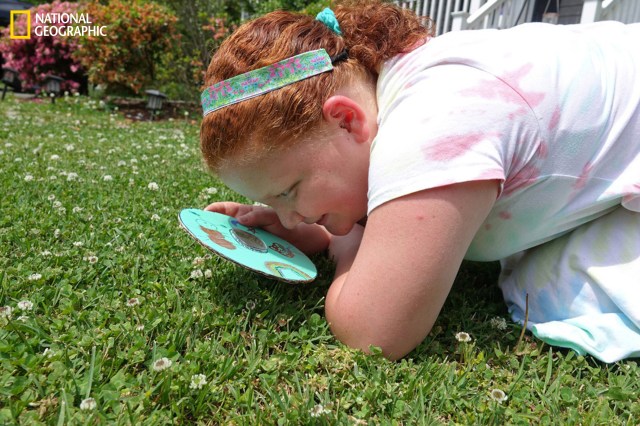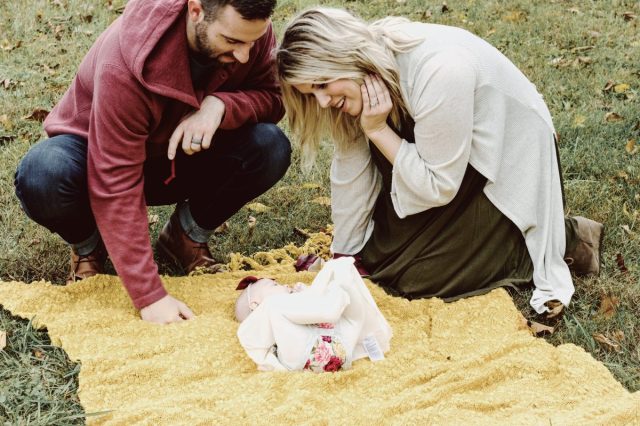Children model their future relationships based on the love they grew up around. Parents tend to put their children first, subsequently putting their own relationship on the back burner. This recent study shows that when spouses share romantic love and affection, their children tend to stay in school longer and marry later in life.
Research about how the affection between parents shapes their children’s long-term life is not always readily available. This study uses unique data from families in Nepal. The study, co-authored by researchers at the University of Michigan and McGill University in Quebec, was published in the journal Demography.
“In this study, we saw that parents’ emotional connection to each other affects child-rearing so much that it shapes their children’s future,” said co-author and U-M Institute for Social Research researcher William Axinn. “The fact that we found these kinds of things in Nepal moves us a step closer to evidence that these things are universal.”
The study uses data from the Chitwan Valley Family Study in Nepal. The survey was launched in 1995 and collected information from 151 neighborhoods in the Western Chitwan Valley. Married couples were interviewed simultaneously but separately, and were asked to assess the level of affection they had for their partner. The spouses answered “How much do you love your (husband/wife)? Very much, some, a little, or not at all?”
The researchers then followed the children of these parents for 12 years to document their education and marital behaviors. The researchers found that the children of parents who reported they loved each other either “some” or “very much” stayed in school longer and married later.
“Family isn’t just another institution. It’s not like a school or employer. It is this place where we also have emotions and feelings,” said lead author Sarah Brauner-Otto, director of the Centre on Population Dynamics at McGill University. “Demonstrating and providing evidence that love, this emotional component of family, also has this long impact on children’s lives is really important for understanding the depth of family influence on children.”
According to Axinn, Nepal provides an important backdrop to study how parental relationships affect children’s lives. Historically, marriages in Nepal are arranged by their parents and divorce rates are low. In the 1970s change has been noted with more couples marrying for love. Divorce is still rare, but it is becoming more common.
Also, education has become more prevalent since the 1970s. In Nepal, children begin attending school at age 5, and complete secondary school after grade 10, when they can take an exam to earn their “School-Leaving Certificate.” Fewer than 3% of ever-married women aged 15-49 had earned an SLC in 1996, while nearly a quarter of women earned an SLC in 2016. Thirty-one percent of men earned SLCs in 2011. By 2016, 36.8% of men had.
The researchers also want to dig into why parental love affects children the way it does. They speculate that when parents show deep affection for each other, they also invest more time and effort into their children, thus leading them to remain in school longer. When a child grows up in a happy, loving environment, they tend to seek out similar relationships for themselves when they get older. .
The findings still remained constant after researchers considered other factors that influenced a married couple’s relationship and their children’s future. These include caste ethnicity; access to schools; whether the parents had an arranged marriage; the childbearing of the parents; and whether the parents had experience living outside their own families, possibly being influenced by Western ideas of education and courtship.
“The result that these measures of love have independent consequences is also important,” Axinn said. “Love is not irrelevant; variations in parental love do have a consequence.”
Photo courtesy of Photo by Seth Reese on Unsplash





















